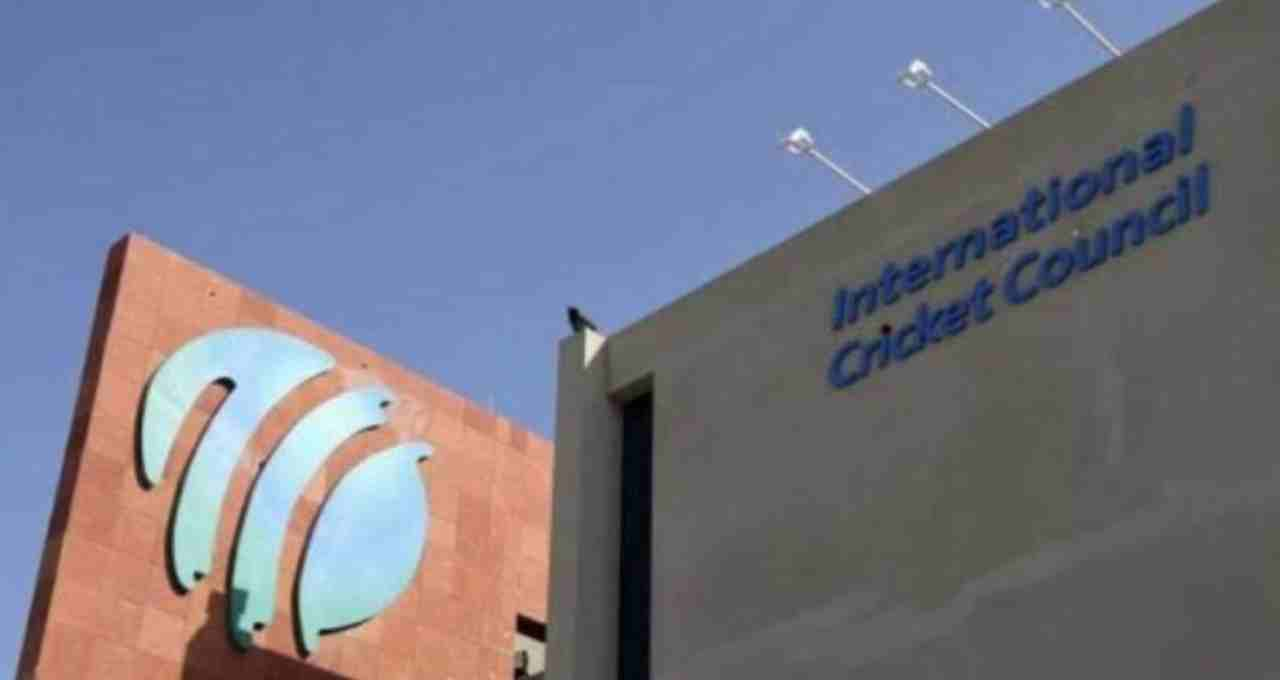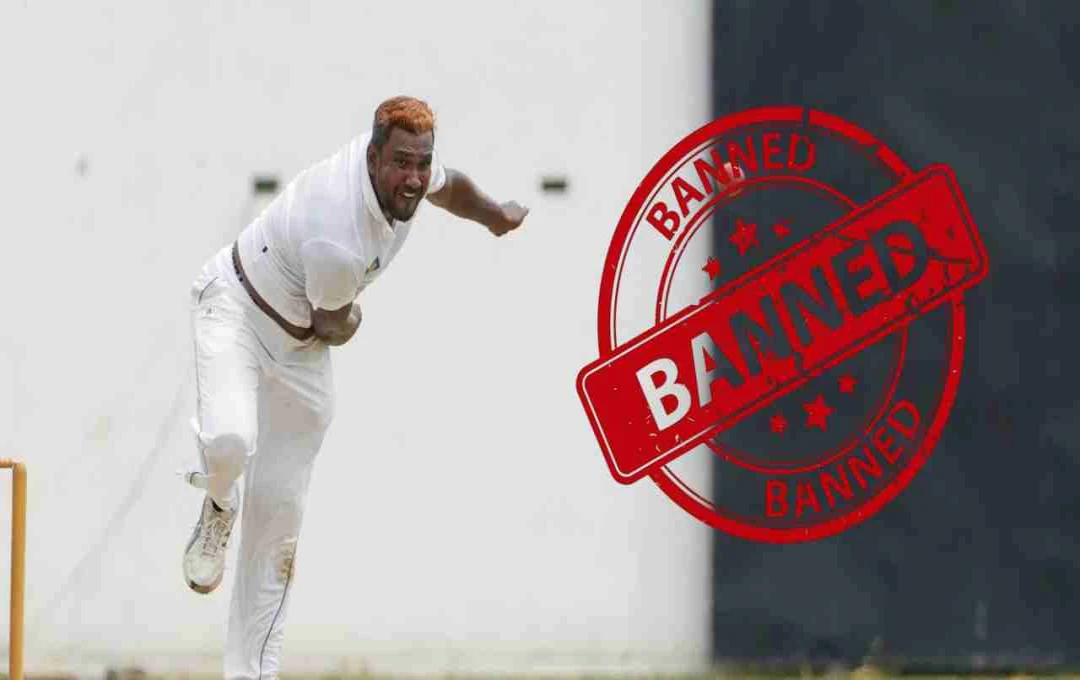The International Cricket Council (ICC) has once again taken a major step in rigorously enforcing its zero-tolerance policy on corruption cases. Former Sri Lankan domestic cricketer Salia Saman has been banned from all forms of cricket for five years.
Sports News: Former Sri Lankan domestic cricketer Salia Saman has been handed a severe punishment by the International Cricket Council (ICC). The ICC Anti-Corruption Tribunal found Saman guilty of violating the Emirates Cricket Board (ECB) Anti-Corruption Code, following which he was banned from all forms of cricket for 5 years. The 39-year-old Saman was among the eight players charged in September 2023 in connection with corruption cases related to the 2021 Abu Dhabi T10 Cricket League.
The investigation proved that he attempted to manipulate matches, but timely intervention by the ICC and anti-corruption officials prevented major violations. Saman's suspension came into effect on September 13, 2023, meaning he has already served a 2-year ban and will now have to stay away from cricket for the next 3 years. In his career, Saman has played 101 first-class and 77 List A matches.
What is the whole matter?
The 39-year-old Salia Saman was among the eight people charged in September 2023 with corruption related to the Abu Dhabi T10 League 2021. After investigation, the ICC Anti-Corruption Tribunal found that Saman had attempted to fix some matches of the tournament. However, this conspiracy was foiled due to timely intervention by the ICC and the Designated Anti-Corruption Officer (DACO).
Saman was already provisionally suspended on September 13, 2023, and this suspension will be considered effective from the same day. This means that he has so far spent two years under suspension and will now have to stay away from cricket for the next three years.

Under which sections was he found guilty?
- Salia Saman has been found guilty under sections 2.1.1, 2.1.3 and 2.1.4 of the ECB Anti-Corruption Code.
- Article 2.1.1: Attempting to fix, conspire to fix or otherwise influence improperly the result, progress, conduct or any other aspect of matches in the Abu Dhabi T10 2021.
- Article 2.1.3: Offering a reward to another player or participant in exchange for corrupt conduct.
- Article 2.1.4: Directly or indirectly soliciting, inducing, enticing, instructing, persuading, encouraging or intentionally facilitating any other participant to breach the Anti-Corruption Code.
These charges are considered among the most serious offences in cricket, for which the ICC has previously banned several players for long periods.
Excellent performance in domestic career
Before the corruption allegations, Salia Saman was considered an important player in Sri Lankan domestic cricket. He had several notable performances in his career.
- First Class Cricket: 101 matches, 3662 runs, average 27.95, 2 centuries and 22 half-centuries. His highest score was 129 runs.
- List A Cricket: 77 matches, 898 runs, best score 65.
- T20 Cricket: 673 runs, strike rate 129.92.
These figures make it clear that Saman was a useful batsman and he made a good contribution at the domestic level. But getting involved in fixing has brought his career into controversy and now it is completely over.
ICC's Zero Tolerance Policy
The global governing body of cricket, the ICC, has long adopted a strict stance against crimes like corruption and fixing. In recent years, many players – whether big names or domestic cricketers – have faced bans after being found guilty in corruption cases. The ban imposed on Salia Saman is an example of the fact that the ICC does not want to compromise on the sanctity and transparency of cricket.
Saman did not represent the Sri Lankan national team, but he was considered among the reliable players at the domestic level. Now a five-year ban will almost end his cricket career.












